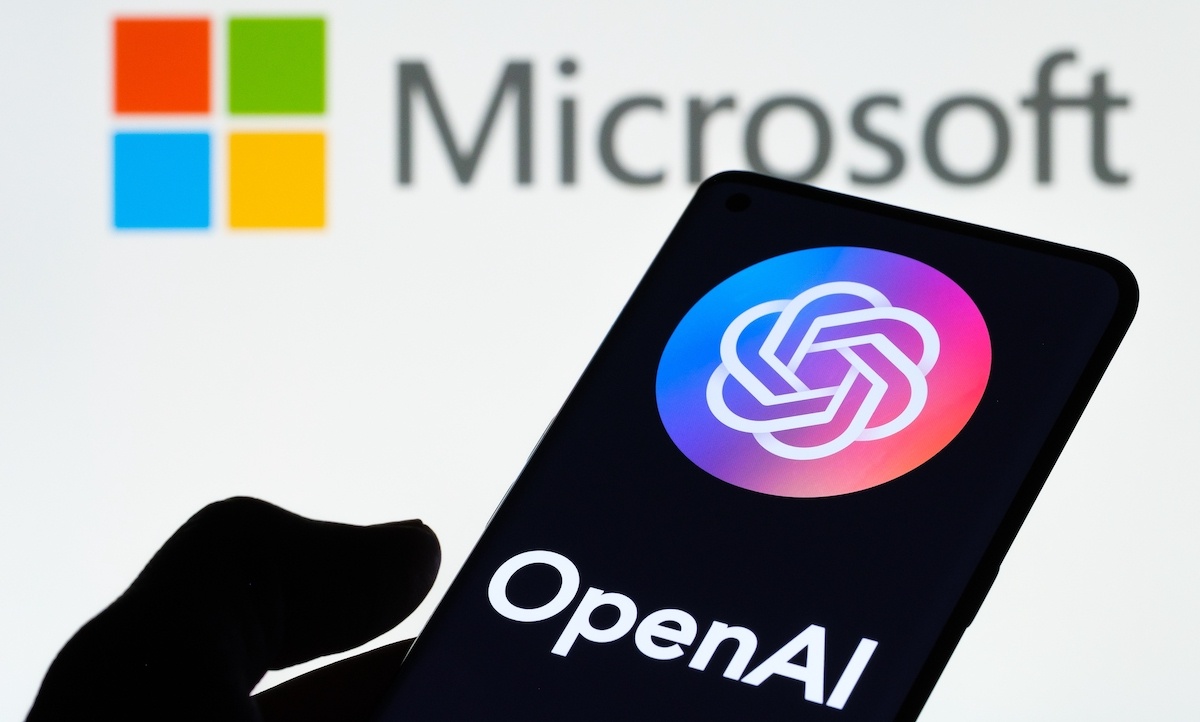Microsoft abandons OpenAI board observer position
Microsoft has announced it is relinquishing its observer position on OpenAI's board of directors to assuage concerns from U.S. and U.K. antitrust regulators about the extent of its control over OpenAI.

Recently, Microsoft (NASDAQ: MSFT) announced its decision to relinquish its observer seat on the OpenAI board, aiming to alleviate concerns from U.S. and UK antitrust regulators about its level of control over OpenAI, despite the growing popularity of generative AI.
However, the U.S. Commodity Futures Trading Commission (CFTC) warned that this move is unlikely to address its concerns, as it continues its antitrust investigation into transactions involving major tech companies and leading AI firms.
Sources within the CFTC indicated that Microsoft's action suggests an awareness of potential significant antitrust liabilities and an attempt to prepare for them.
A Microsoft spokesperson did not immediately respond to requests for comment on the matter.
Meanwhile, insiders familiar with the matter suggested that Apple (NASDAQ: AAPL), despite widespread expectations, will not be appointing an observer to the OpenAI board, despite its recent introduction of OpenAI's ChatGPT on its devices last month. Additionally, there are no future proposals from OpenAI to concede any board observer positions.
Apple did not respond to requests for comment.
According to a spokeswoman from OpenAI, the company will adopt new stakeholder engagement methods through monthly meetings with strategic partners like Microsoft, Apple, and investors such as Thrive Capital and Khosla Ventures.
Microsoft became a non-voting observer on the OpenAI board in November last year, when CEO Sam Altman regained control of the company, enabling Microsoft to attend board meetings and access private information without voting rights on board elections or decisions.
The observer position and Microsoft's investment of over $10 billion in OpenAI raised concerns from EU, UK, and U.S. antitrust regulators about its control over OpenAI.
In a statement to OpenAI dated July 9th, Microsoft stated that the position provided insights into the board's operations while maintaining its independence.
Microsoft emphasized significant progress made by OpenAI under Sam Altman's leadership in expanding its new alliances, innovations, and customer base, which contributed to its decision to relinquish the observer role.
"In the past eight months, the newly formed board has made significant progress, and we have confidence in the company's path forward. Given all of this, we no longer believe it is necessary to serve as an observer," the letter read.
Last month, EU antitrust regulators indicated that the collaboration falls outside the bloc's merger control rules as Microsoft does not control OpenAI, but they will seek third-party opinions on exclusivity clauses in the agreement.
In contrast, UK and U.S. antitrust regulators continue to express concerns and doubts about Microsoft's impact on OpenAI and its independence.
Bill Baer, former FTC commissioner and visiting scholar at the Brookings Institution, noted that the simultaneous antitrust scrutiny might outweigh the value of serving as an OpenAI board observer.
"This seems like the right decision," he said, while pointing out that regulatory concerns extend beyond board seats.
An antitrust attorney, speaking anonymously due to industry sensitivity, suggested that Microsoft has effectively removed the only concrete evidence that could prove its control or influence over OpenAI, making it exceedingly difficult for antitrust regulators to argue otherwise.
Disclaimer: The views in this article are from the original Creator and do not represent the views or position of Hawk Insight. The content of the article is for reference, communication and learning only, and does not constitute investment advice. If it involves copyright issues, please contact us for deletion.